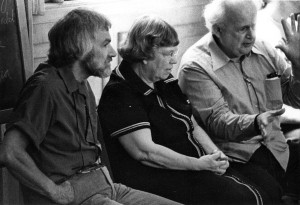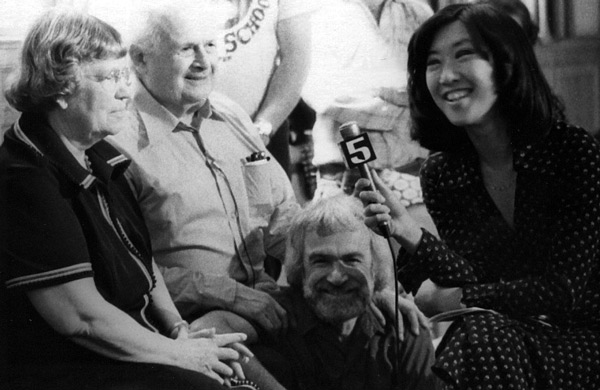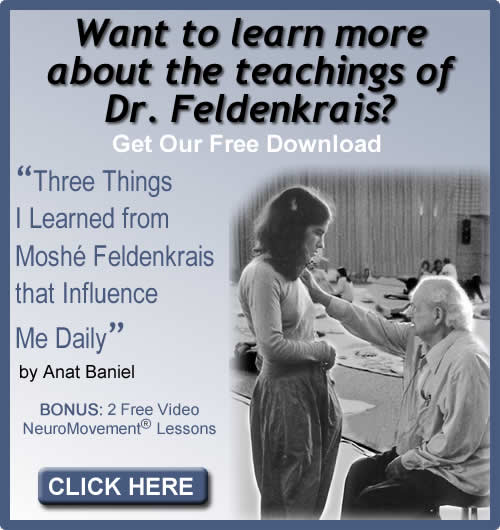“A major thrust in our current changing view of humanity has been growing understanding of what our brain does how it does it.” —Dr. Karl Pribram
Karl Pribram completed his BS and MD degrees at the University of Chicago. Much of his career was dedicated to brain/behavior research. Dr. Pribram taught neurophysiology and physiological psychology at Yale University and he was Professor of Neuroscience at Stanford University. He later taught at Georgetown and George Mason Universities.
Dr. Pribram is author of more than 200 data and 200 theory papers, and several books; he received over 20 major awards for his experimental and theoretical contributions. His most recent award, from the Society of Experimental Psychologists, was “for his seminal role in the cognitive revolution and for his pioneering contributions to the computational, theoretical and physiological foundations of brain function and behavior.”
Karl Pribram recently passed away. Read more about his life: www.karlpribram.com/karl-pribram-1919-2015.
Pribram is “best known for his development of the holonomic brain model of cognitive function and his contribution to ongoing neurological research into memory, emotion, motivation, and consciousness.”
(Source: Wikipedia)
Dr. Moshé Feldenkrais was introduced to Dr. Karl Pribram, the famed neuroscientist, while Dr. Pribram was still at Stanford University.
Dr. Pribram was quick to grasp Feldenkrais’ thinking and approach. He took great interest in Dr. Feldenkrais and his work.
Dr. Pribram visited Dr. Feldenkrais’ training program in San Francisco, California. And they had a series of conversations that were recorded, discussing their respective understanding of how the brain works.
Dr. Feldenkrais was thrilled to meet in Professor Pribram a scientist who had an understanding of the brain as a holographic, dynamic, large system that began matching to a greater extent his understanding of the brain.
What Professor Pribram understood is that Dr. Feldenkrais was able to translate his thinking into concrete actions and methodology to change people’s brains for the better, and thus change their lives for the better.



